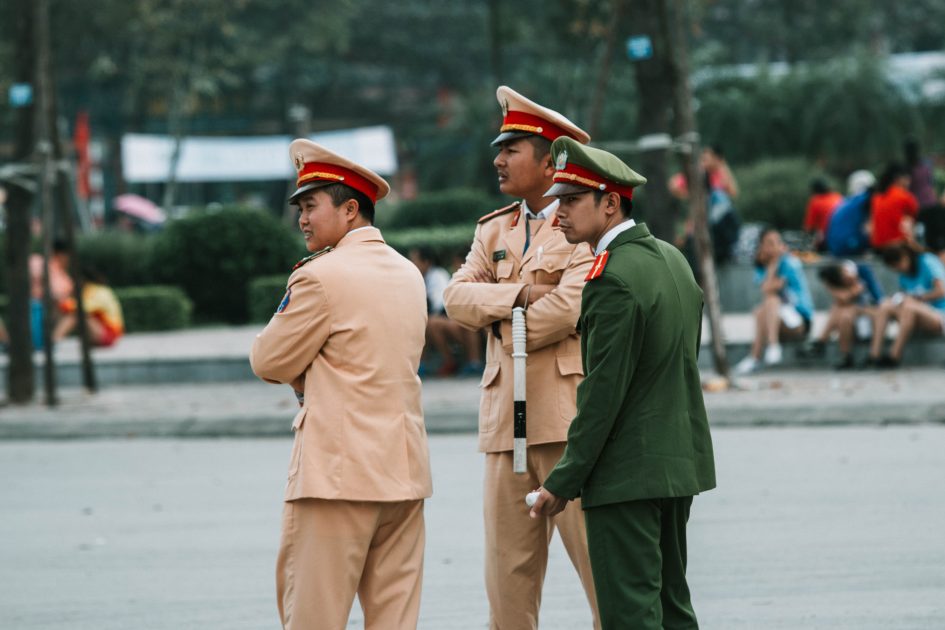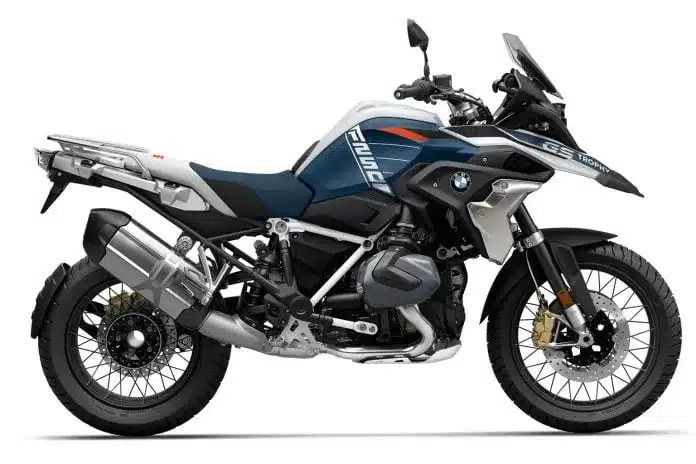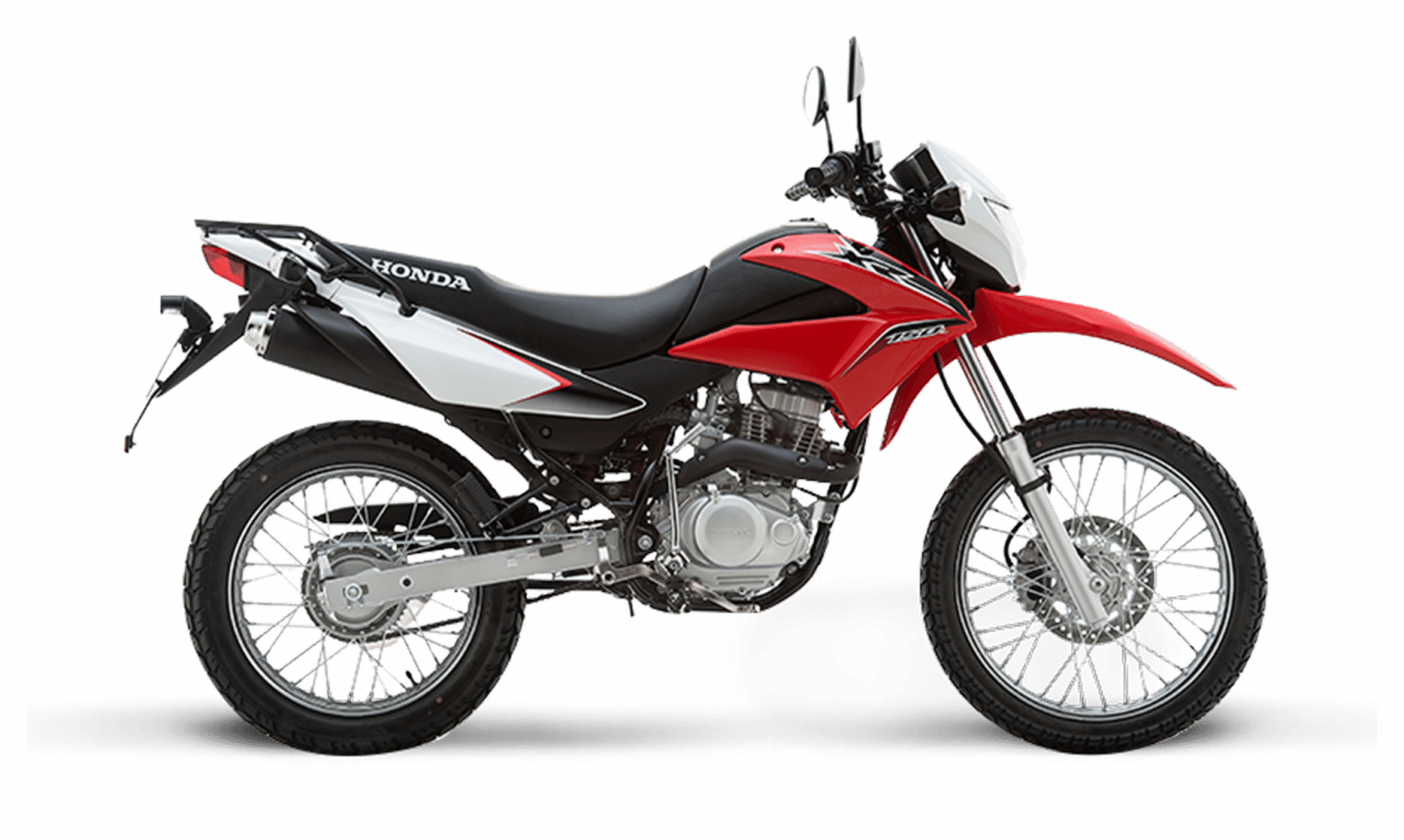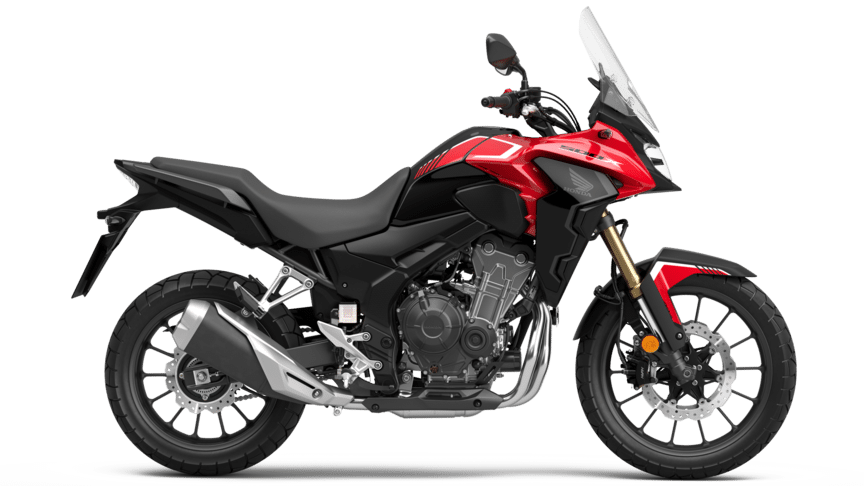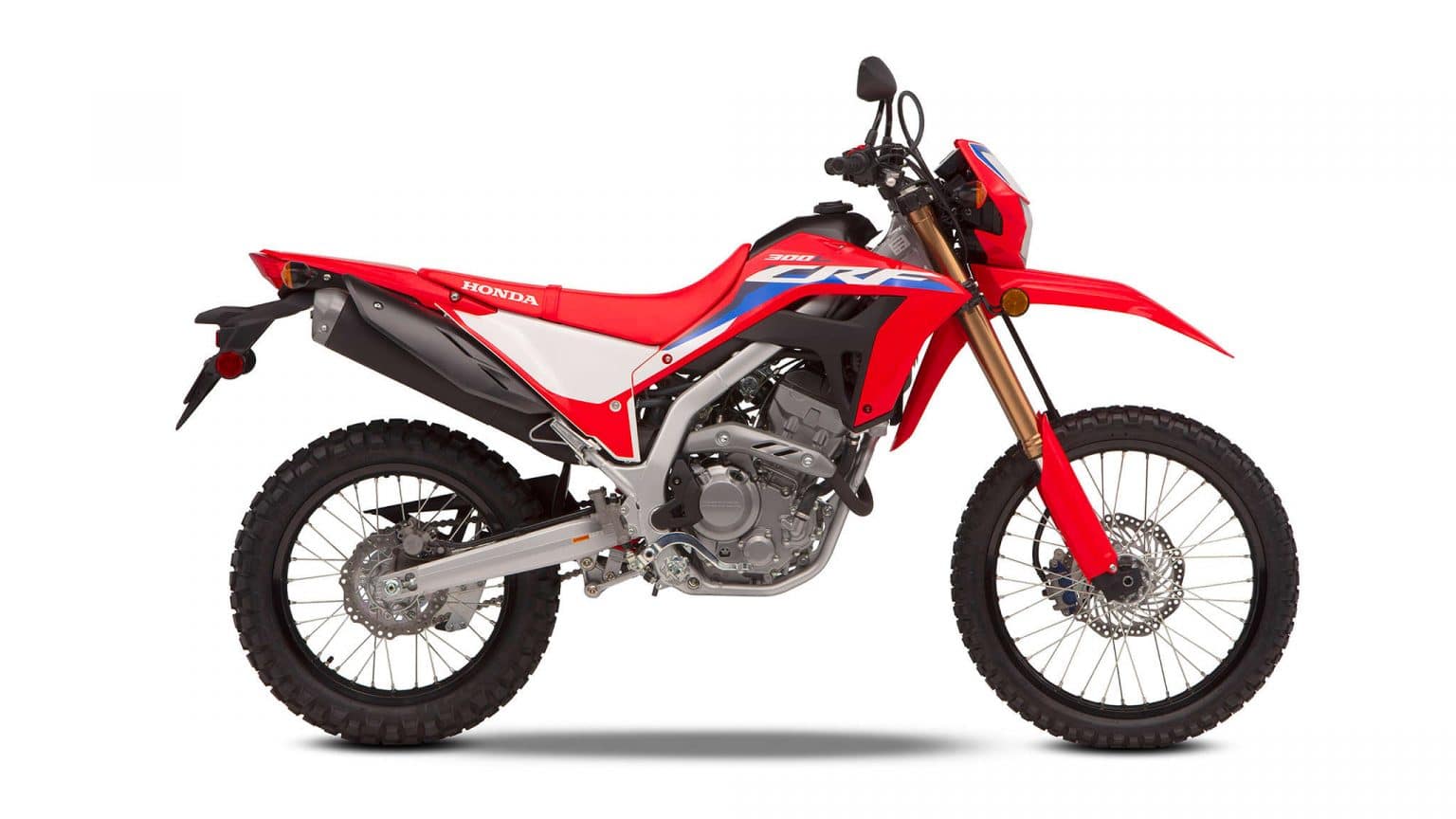Important Update !! Ha Giang
The current situation in Ha Giang Province is that you MUST have:
A valid Vietnamese driver’s license.
OR
A home license for motorbikes A1 or A2 (NOT a car license) + an IDP, 1968 convention
In order to drive legally in Vietnam and, particularly, around the Ha Giang Loop.
Motorbike rental companies have been instructed not to rent to anyone who does not have the correct documentation and they will not do so. They will be fined and may even have their business licenses taken away.
There are many police checks and road blocks in the area around Ha Giang town and The Loop.
You can find out more about How to Drive Legally in Vietnam on our site.
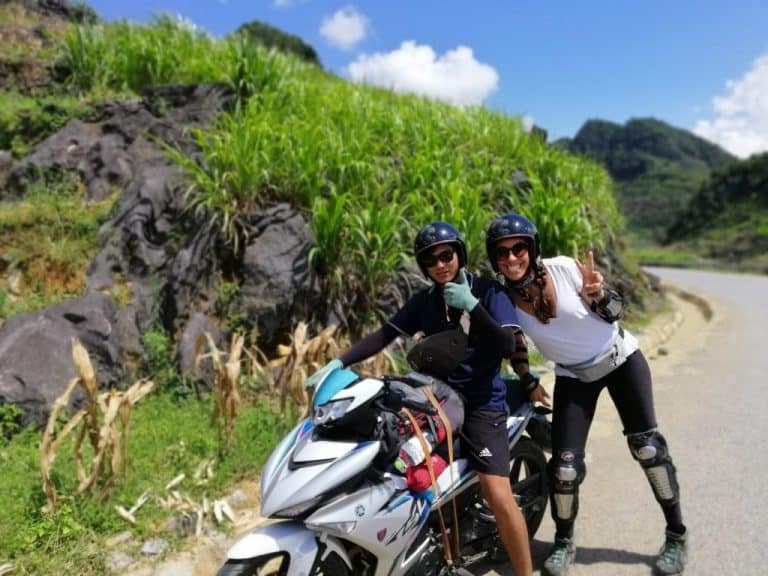
Alternatively, you can take an EASY RIDER tour of the area. This is where you sit on the back of a motorbike as a pillion passenger. It is an excellent option and is also very affordable. A very well run company that organizes this kind of tour is Flipside Adventures Vietnam. They are local to the area and know all the routes to avoid the crowds and best spots to see the real Ha Giang.
Don't Believe Everything You Hear
There are many stories about the police in Vietnam that have been shared between travelers over the years. People are likely to have an image on their mind when they think of ‘Police in Vietnam’. However, the reality can often be quite different.
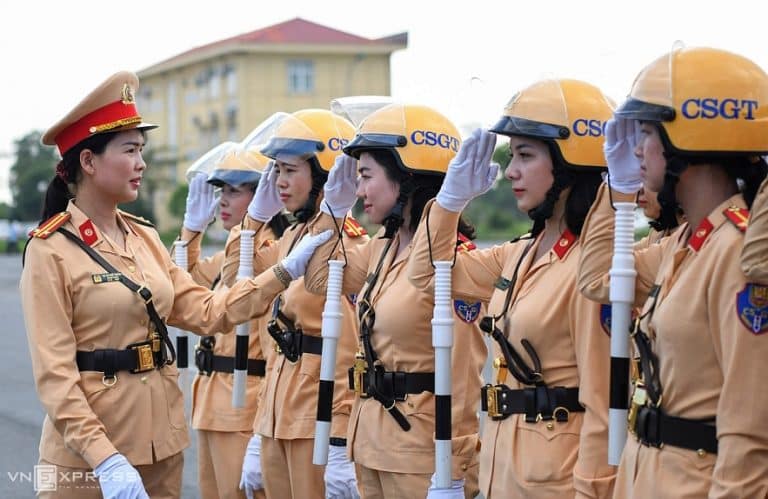
Most stories regarding the behavior of Vietnam’s police towards foreign motorcyclists are usually negative and true, but there are ways you can avoid these stories happening to you.
The best thing you can do is to drive legally. That is have a license and an IDP if you need it, wear a helmet and follow the road rules.
Police in Vietnam: What To Expect
Firstly, we would like to start by saying that the police in Vietnam are nothing to be afraid of. Despite their often stern look, they are 9 times out of 10 very friendly people who will be happy to help. In fact, it seems that the police, like the general population, want to be especially nice to visitors so as to encourage tourism revenue. The police often exhibit the typical Vietnamese laid back approach to life.
Secondly, 99% of dealings between foreigners and police on the roads are positive. Police in Vietnam often does their best to be fair to foreigners. And often, the police will avoid unnecessary communication with foreigners all together as it can be very slow and awkward.
Finally, even though most of the experiences with the police are positive, sometimes foreigners can find interactions with the police in Vietnam threatening and uncomfortable. If you can’t speak Vietnamese, things can be misunderstood and taken in the wrong way. The Vietnamese language and mannerisms can often appear harsh or rude. Be aware of this.
So don’t forget that it is important that foreigners remember this and try to remain as calm and polite as possible when dealing with Vietnamese police.
In this post, we will discuss common reasons foreigners may come in contact with the police in Vietnam, how we can avoid these situations and, how we can work together to solve them as easily as possible.
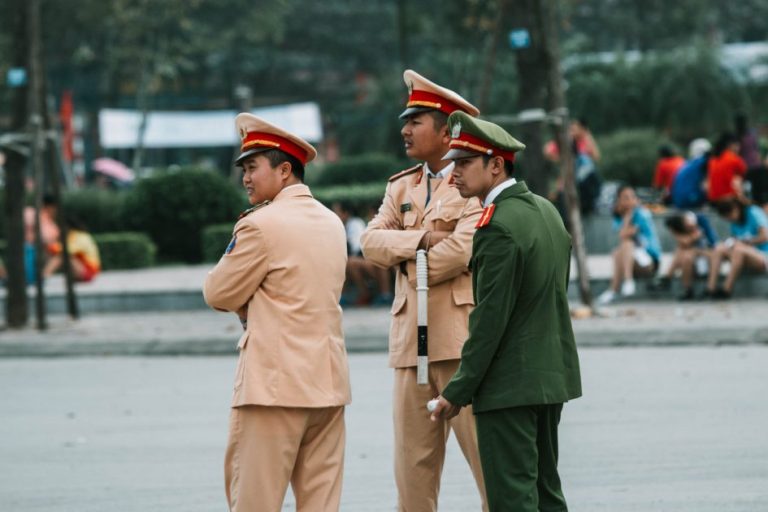
Reasons You May Need To Interact With Police in Vietnam
There are different reasons you may come into contact with the police. Firstly, at RentABike, we pride ourselves with our ongoing support, so interacting with police should never be a daunting experience. We will always be available to help break down the language barrier and help with the best solution.
If you’ve rented from us and run into the police for any reason to do with your motorbike, we try to be as available as possible to assist with the situation and translation. You have several different methods of contacting us to choose from and we can usually help out. Please note: the BEST and FASTEST way to contact us is by telephone. (Make sure you have credit on your phone)
Here are our 4 main reasons why you may have to interact with the police in Vietnam.
1. Parking
It’s often hard to know where you can park in Vietnam (unless you’ve read our parking guide). In the city centers, there are often designated parking areas that are looked after by an individual. Most of the time, parking in these areas will come at a small fee. Sometimes (in unofficial or temporary parking spaces) this may be higher as you are a foreigner, but it’s usually not a lot. Using these guarded areas is your best option for avoiding interaction with the police in Vietnam as well as avoiding other problems. There are different parking spaces for different areas around the city. Make yourself familiar with the parking rules of Vietnam to save a lot of hassle.
However, sometimes you may park in an area that is deemed unacceptable by the police. In these situations, the bike might be removed from the site and detained by the police. And other times you may just be asked to pay a fine.
On these occasions, we suggest you follow the following steps in order to resolve the situation in the most efficient way possible:
- Call us at Rentabike and tell us exactly what the situation is and where the bike is being held
- We will contact the police at the designated station and ask how the bike will be fined
- Together we can arrange for the fine to be paid accordingly
- The bike will be arranged to be collected from the police station if necessary
This process can often be drawn out, however it is the best way for us to manage the situation effectively and negotiate a reasonable fine. Fines can often be high for foreigners due to a lack of communication and understanding of the situation. The police may also demand that an interpreter is present, which is a massive extra cost. Therefore it is best for our Vietnamese staff to discuss a reasonable fine with the police.
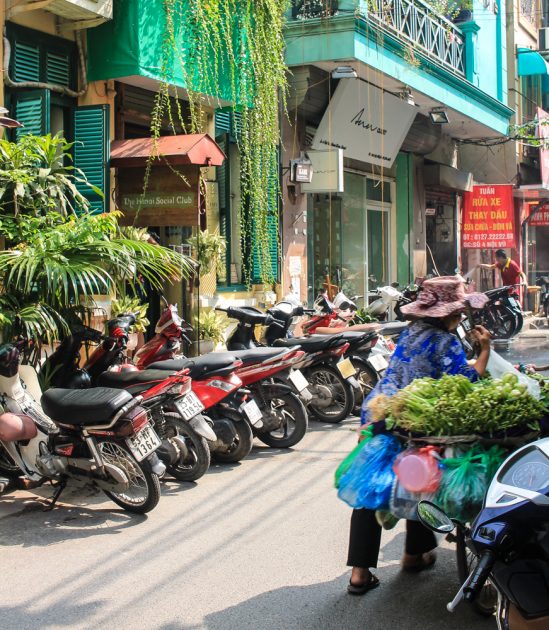
2. Violation of Traffic Laws
It’s difficult to understand what traffic laws in Vietnam actually are. On the roads, it appears that there are simply no laws but, in reality, there are various laws in place that are not made obvious. It is important for foreigners to understand these in order to stay safe on the roads.
Rules and Regulations On the Road
Here are a list of some main laws that should be adhered to in order to avoid a fine:
- A helmet must be worn at all times by both riders
- Only two people are allowed on one bike at a time
- Do not exceed 40kmph in built-up areas and 60kmph in rural areas and on highways
- DON’T DRINK AND DRIVE – The legal blood alcohol level in Vietnam is 0%
- Under no circumstances use your mobile phone
Yes, we know it’s hard to understand that these laws are in place given they are broken by every other motorcyclist on the road, every day. However, if you wish to avoid a hefty fine by the police in Vietnam (and more importantly ensure your safety) these rules need to be adhered to. Take a look at our full guide to riding in Vietnam for more info.
Be aware that the legal permissible % of blood alcohol when driving in Vietnam is ZERO, YES 0 !! So, don’t even sniff the cork.
If you are caught by the traffic police in Vietnam breaking any one of these laws, you are sure to be pulled over and asked to cough up a hefty fine. The police have a tendency to spot a foreigner and sometimes see it as an opportunity to make some cash. It’s not uncommon for an officer to ask you to pay 5,000,000VND for breaking a law that you actually haven’t. If you don’t speak Vietnamese, this can be a problem. Polite refusal can work, but prepare for a long wait.
To make this situation as pleasant as possible, remember to smile and be polite. Challenge the fine to an amount you feel is acceptable. If in doubt, give us a call and members of our team will discuss the situation with the officer because we can sometimes negotiate a more reasonable fine.
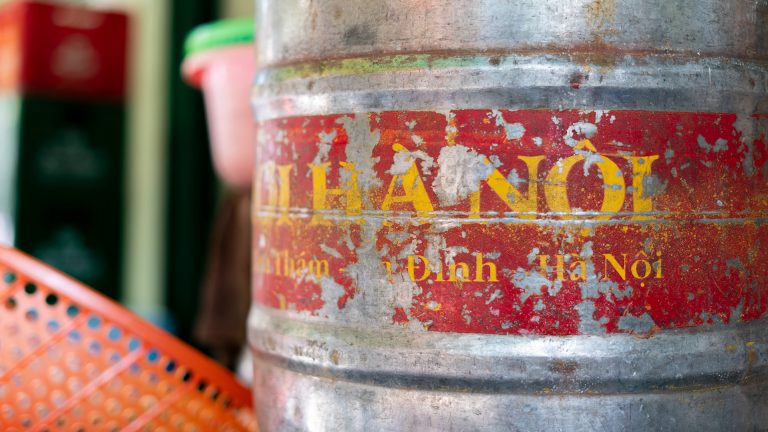
3. Lost Parking Ticket
It is not uncommon for individuals to misplace a parking ticket. However, trying to explain this to someone who only speaks Vietnamese can be a challenge. Often, this situation can be resolved with the parking attendant with other methods of communication, such as trusty google translate.
On the odd occasion, the parking attendant may make the police in Vietnam aware of the situation. If this does happen to you, it is likely the bike will be removed from the site and held at a police station. If this is not the case, you will be asked to pay a fine in order to get your bike back.
In this situation, it is important that you contact us directly and make us aware of the situation at hand. From here we will follow similar steps to those of reason 1 above.
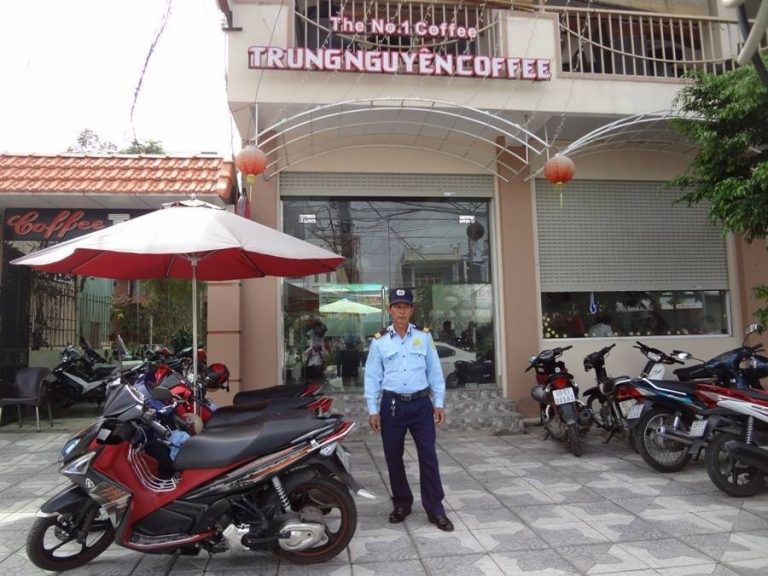
4. Lost or Stolen Bike
It is not uncommon for bikes to ‘disappear’, particularly in city centers such as Hanoi or Ho Chi Minh. Due to a large number of Honda bikes in Vietnam, there are various different ways in which criminals can steal them. There are also different methods used by criminals to steal old/retro bikes and to target foreigners.
And before you think it, let alone say it: No; we don’t follow you around with the keys looking for an opportunity to steal your bike. Our reputation is far more valuable than 1 bike.
Sadly bikes can go missing in Vietnam regularly and it is something you should be aware of at all times.
How to Keep Your Bike Safe:
There are various steps you can take to try and ensure that your bike is safe from criminals.
- The best defense is the keyhole cover that prevents the key (or a screwdriver) being forced into the keyhole. Use it even if you are only stopping for a quick moment.
- Use a U-lock at all times to secure the back wheel of your bike (these can be purchased in Vietnam at our shop).
- Avoid parking your bike in the city center late at night or outside a bar unattended
- Try and park where the bike will be manned by an attendant
- Park in secure carparks overnight if possible
Firstly, if the bike gets lost or stolen, the police in Vietnam should be made aware of the theft. If you are unsure of how to do this or have difficulty making the police aware, please feel free to contact us in order to help translate. The report of a stolen or lost bike can be made at the local police station.
Secondly, we should be made aware of the incident so that we can deal with the situation accordingly. If the bike is not found or returned, we will ask you to pay us for the full cost of the lost bike. At this point, we will provide you with the bikes registration documents and you will become the owner.
Finally, if the bike is then returned, it is yours to keep.
Hints & Tips: Dealing With Police In Vietnam
If you find yourself interacting with the police in Vietnam, there are a few hints and tips we have to make your experience as pleasant as possible.
- Remember to remain polite and always smile. If you don’t, the situation can become worse and you may find yourself in a difficult position.
- Always ensure that your bike is being kept in a safe place. You can use a U-lock. This will deter potential criminals, but it is a pain.
- Follow the road rules at all times in order to keep yourself safe and avoid any potential fines.
- Be aware of road police in Vietnam particularly nearing the holiday season, as they can be prone to pull over foreigners in order to give them a high fine.
- Always carry the majority of your cash in a second wallet which is hidden from police and some on you. As a result, the police can only fine you as much as you have on you and will often not argue this further.
- Finally, do not panic. Police in Vietnam are generally fair and will do everything in their power to help so long are you follow rule no. 1.
